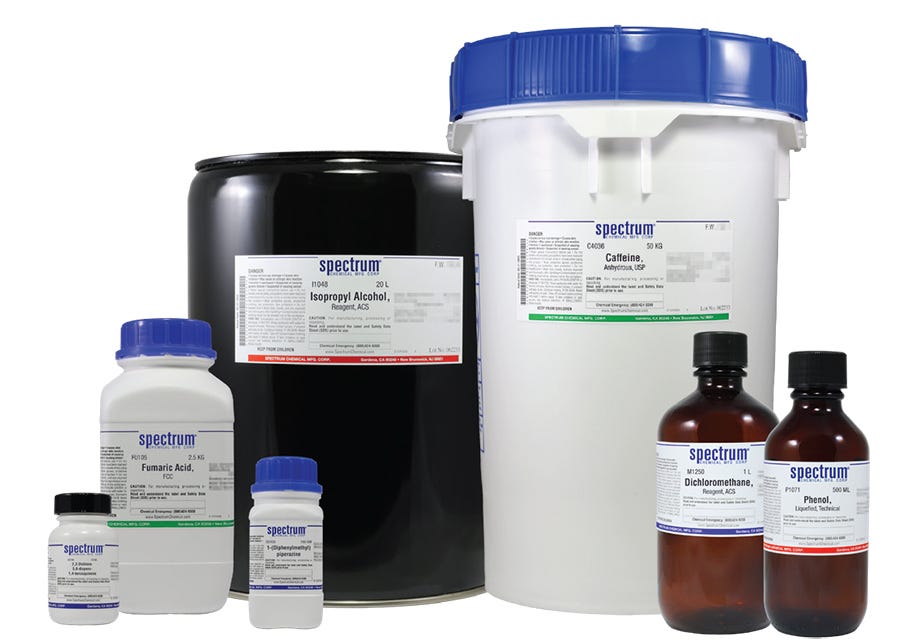As a professional in various industries, you may have encountered different types of lab equipment. From microscopes to centrifuges, these tools are essential in conducting experiments and research. However, what is the most common lab equipment used in different fields? In this article, we will provide a comprehensive guide to the most common lab equipment and their applications.
- Microscopes
Microscopes are perhaps the most common lab equipment used in various fields, including biology, chemistry, and physics. They are used to magnify and observe small objects, such as cells, bacteria, and molecules. There are different types of microscopes, including light microscopes, electron microscopes, and confocal microscopes, each with its unique features and applications.
- Centrifuges
Centrifuges are used to separate substances based on their density and size. They are commonly used in biology and chemistry labs to separate blood components, proteins, and DNA. There are different types of centrifuges, including ultracentrifuges, microcentrifuges, and refrigerated centrifuges, each with its specific applications.
- Spectrophotometers
Spectrophotometers are used to measure the amount of light absorbed or transmitted by a substance. They are commonly used in chemistry and biology labs to determine the concentration of a solution or the purity of a substance. There are different types of spectrophotometers, including UV-Vis spectrophotometers, infrared spectrophotometers, and fluorescence spectrophotometers, each with its unique features and applications.
- Balances
Balances are used to measure the mass of an object accurately. They are commonly used in chemistry and physics labs to weigh chemicals, samples, and equipment. There are different types of balances, including analytical balances, top-loading balances, and precision balances, each with its specific applications.
- pH Meters
pH meters are used to measure the acidity or alkalinity of a solution. They are commonly used in chemistry and biology labs to determine the pH of a solution or to monitor the pH of a reaction. There are different types of pH meters, including benchtop pH meters, portable pH meters, and pH electrodes, each with its unique features and applications.
In conclusion, the most common lab equipment used in different fields includes microscopes, centrifuges, spectrophotometers, balances, and pH meters. Each of these tools has its unique features and applications, making them essential in conducting experiments and research. As a professional in various industries, it is crucial to understand the applications of these lab equipment and how to use them correctly to obtain accurate results.

